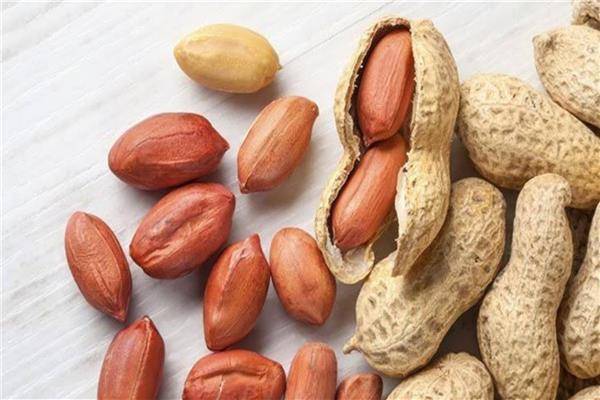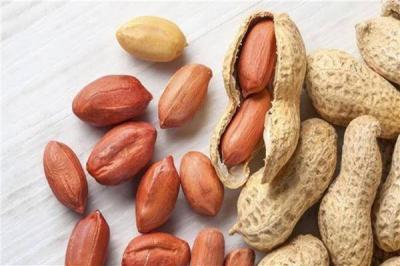Australia, known as "the allergy capital of the world," has launched the first free national treatment program for children with peanut allergy, aimed at building immunity against it so that children do not have to worry about the risk of life-threatening reactions. According to New Atlas, oral immunotherapy (OIT) has emerged as a treatment option for food allergies in children, involving a gradual increase in the child’s daily intake of the allergenic food under medical supervision until a targeted maintenance dose is reached. This dose is then taken daily at home as a long-term treatment, with the goal of eliminating any sensitivity to allergens or, in the best scenarios, achieving what is called "sustained unresponsiveness" or improvement.
It is important to note that oral immunotherapy is not a cure but is designed to help a child's body get used to food that usually causes an allergic reaction. While some food allergies disappear by the age of 12 months, others—especially peanut, nut, sesame, and shellfish allergies—tend to persist for life because they are less likely to heal naturally.
Additionally, the announcement of access to the world's first oral peanut allergy treatment program for Australian children is of great significance. Kirsten Berrett, director of the National Allergy Centre of Excellence (NACE) and leader of the population allergy group at the Murdoch Children's Research Institute (MCRI), stated, "Oral immunotherapy is being implemented worldwide using different methods, making it difficult to assess outcomes, including long-term results for children, their families, and the health system."
NACE has partnered with 10 children's hospitals across five Australian states to initiate the first rollout of the ADAPT OIT program, which aims to use OIT to safely build children's tolerance to peanuts. Researchers hope to achieve desensitization instead of requiring strict avoidance of the problematic food. If successful, the program is likely to expand to include more hospitals and private clinics.
Over two years, children will follow a carefully planned daily dosing schedule of peanut powder consumed at home, along with regular visits to the hospital allergy clinic. Although the peanut OIT program has proven safe, children undergoing the program are provided with an emergency action plan to manage anaphylaxis, a severe life-threatening allergic reaction, and are given an adrenaline injection. Parents receive a comprehensive educational package and can access an allergy specialist at the hospital promptly.
Tim Breetig, a pediatric allergy and immunology specialist and the medical director of the ADAPT OIT program, emphasized, "It is important to remember that OIT is not a cure, but following the treatment may improve the chances of safely consuming specific food allergens, such as peanuts."




